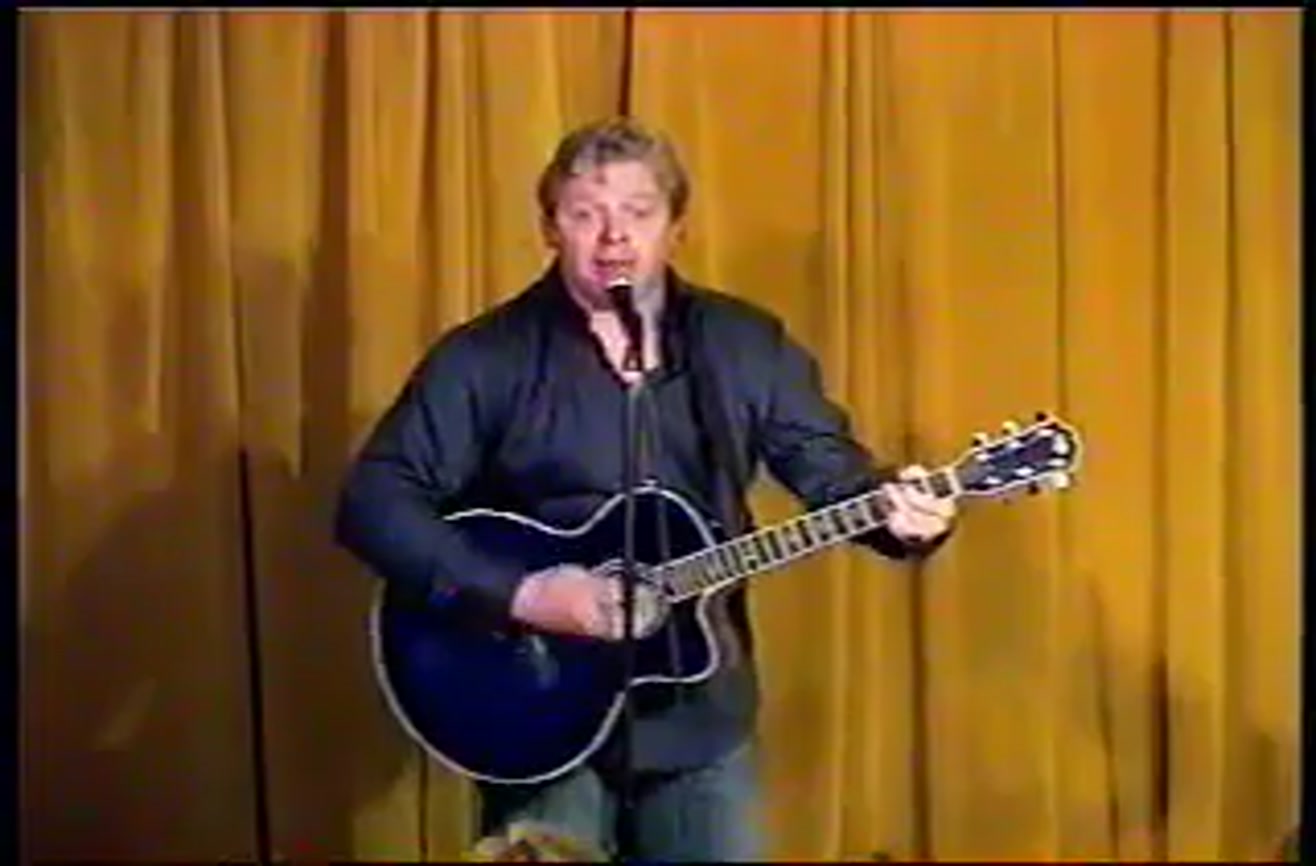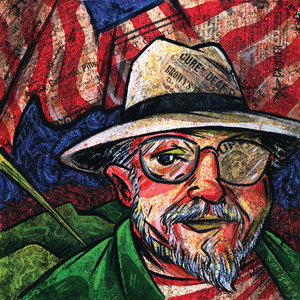

After pulling up stakes and moving to Los Angeles, Rose landed a gig as a writer and performer on The Kraft Summer Music Hall, which ran for several months in 1966 the staff also included George Carlin and John Davidson. By the early '60s, Rose had relocated to New York City, and became a fixture on the Greenwich Village folk scene, playing bajo, singing songs, and cracking jokes he attracted enough of a following that he was profiled in the New York Times in November 1964. Something of a prodigy, Rose was performing in talent contests by the time he was four years old, and took part in school theater. Paul Conrad Rose III was born in New Orleans, Louisiana on October 15, 1937. In the '80s, Rose's public profile faded, but he kept performing, and in the 21st century he issued a steady stream of digital releases such as 2013's After Seven Come Eleven, 2015's Aunt Romulus and Uncle Remus, and 2017's The Gland Father. He also earned a cult following as a performer and was a frequent guest on The Tonight Show with Johnny Carson in the 70s. Rose's Side, featuring two modestly successful singles, "Buzz the Fuzz" and "Warm Your Heart," was his most successful release - but he fared better as a songwriter, and his tunes were recorded by artists as diverse as David Bowie, Tiny Tim, John Denver, and Pat Boone. Rose had mild success as a recording artist - his debut album, 1968's The Thorn in Mrs. He recorded quite a bit throughout the '70s, totaling nearly ten albums, but wasn't heard from on record for nearly 20 years before emerging with a new album in the late '90s.A songwriter, pianist, and comedian, Biff Rose was a cheerful anomaly in the rock & roll scene of the 1960s and '70s, a tunesmith whose music had more to do with classic stride piano than psychedelia or hard rock, and whose storytelling balanced whimsy and sentimentality against occasional bursts of surreal and deliberately confrontational humor. Rose achieved some renown in the late '60s via network television appearances, particularly on Johnny Carson's show, but was never more than a cult artist as far as selling records went. Rose's Side, however, it seems an inescapable conclusion that Bowie must have enjoyed the record and played it repeatedly, so much do some of its aspects (particularly the rolling piano arrangements and chipper orchestration) resemble the production employed on Hunky Dory. Listening to the 1968 Rose LP The Thorn in Mrs. Certainly, relatively few Bowie fans would enjoy Rose's albums.

History gives certain molds and stances to artists that might not be 100-percent accurate, and some Bowie fans, as well as critics who have considered his early work unremittingly hip and cutting-edge, may find the notion - that an effete musical satirist such as Rose affected Bowie's work - unacceptable.

Bowie, of course, was a much better singer and a much harder rocker. There can be no doubt that Rose influenced Bowie's early-'70s work, particularly Hunky Dory, which owed something to Rose's early albums in both the quasi-musical piano styles and thorny-rose lyrics.

Biff rose to baby free#
When he sang about flowery love and idyllic free living, there were sarcastic and ironic undercurrents that made him hard to take seriously at the same time, the words were too far out for him to get accepted by Broadway or the easy listening pop market. But stick to writing, we'll get someone else to sing them." Lyrically, he was a different story, with an arch and whimsical tone that both reflected and mocked the counterculture. These were delivered in a whiney voice that made it easy to envision scenes of cigar-chomping Tin Pan Alley publishers telling him, "We like your songs, kid. Musically, Rose was firmly in the pre-World War II camp, sounding like a Broadway songwriter with his jaunty piano and bouncy singalong melodies. Bowie also covered another song from that album, "Buzz the Fuzz," in live performances (it can be heard on a 1970 bootleg), and Tiny Tim did "Fill Your Heart" on the B-side of "Tiptoe Through the Tulips." If he's remembered by rock audiences at all, it's because David Bowie covered a Rose song - "Fill Your Heart" (co-written by Rose and Paul Williams), from Rose's 1968 debut album - on Hunky Dory. It isn't quite accurate to call him a rock artist, but he fits in rock about as well as anywhere else. An odd and goofy singer/songwriter who didn't fit in any comfortable niche when he emerged in the late 1960s, New Orleans pianist Biff Rose was like a vaudeville entertainer reincarnated as a spacy hippie.


 0 kommentar(er)
0 kommentar(er)
